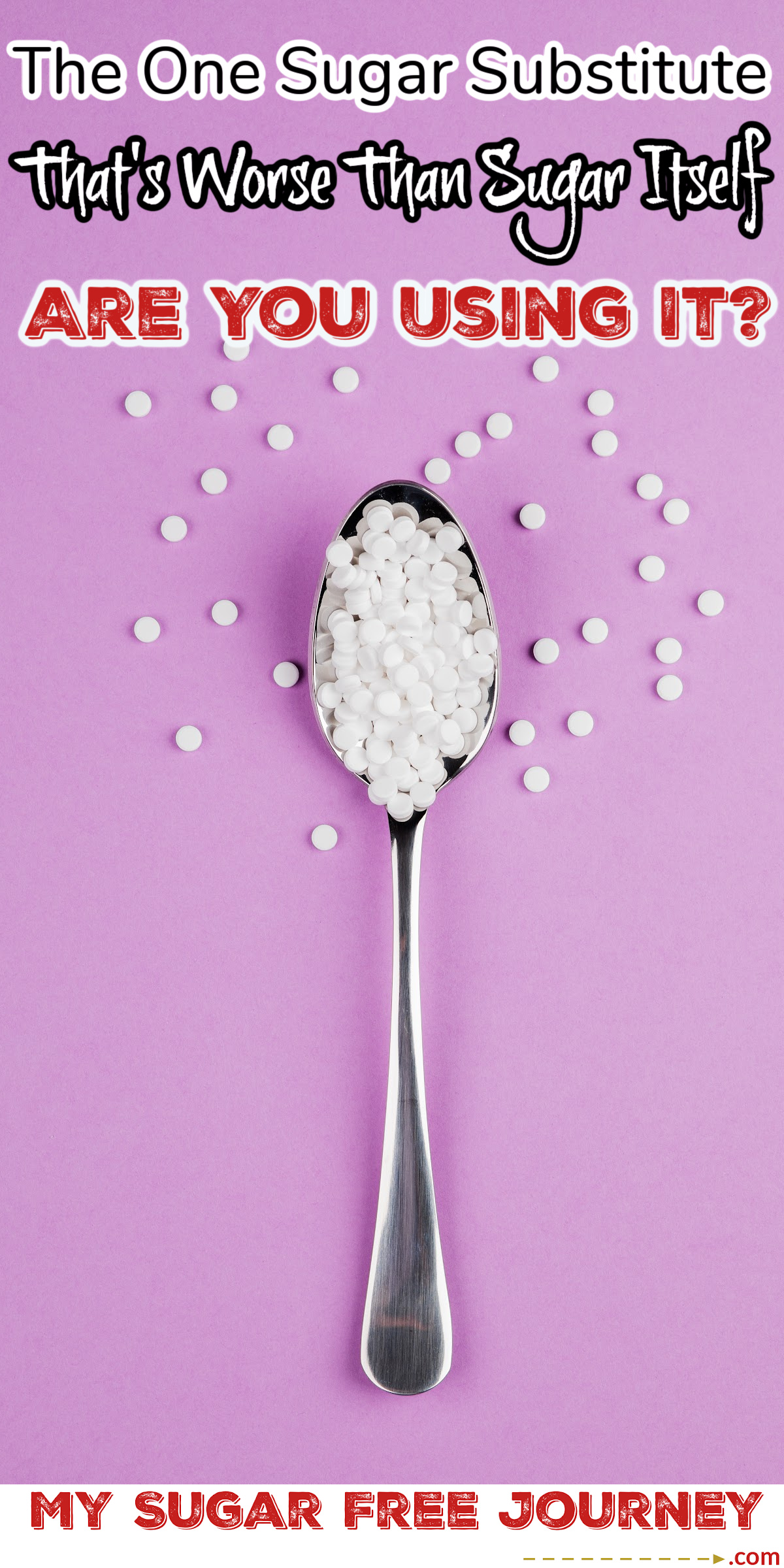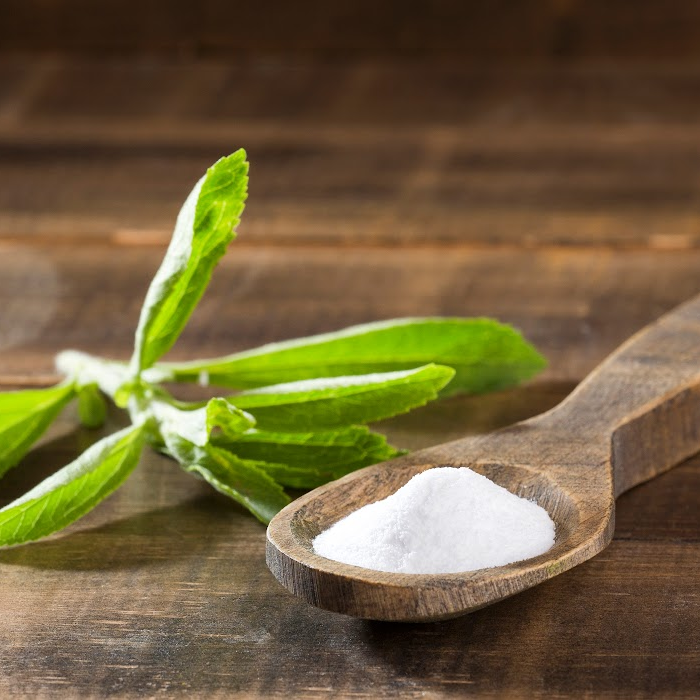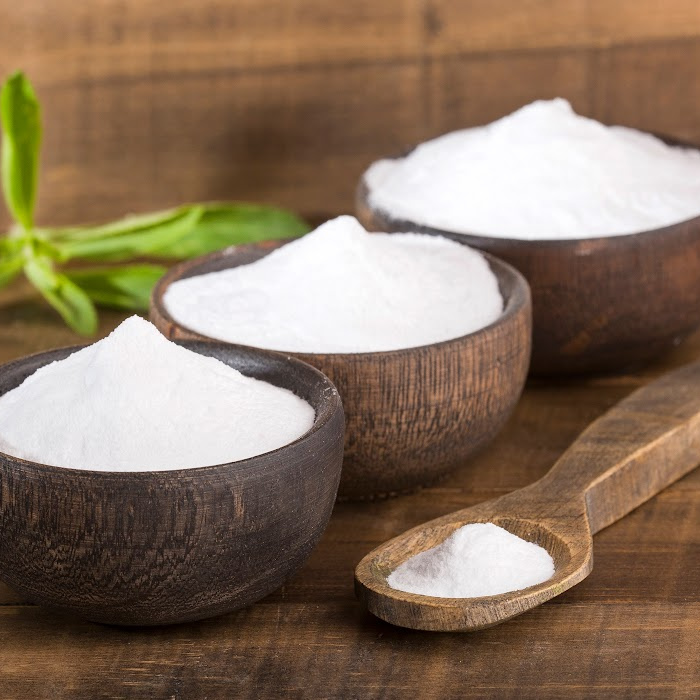Cutting out sugar seems like a smart move for better health, but what if your go-to sugar substitute is actually worse than sugar itself?
Many artificial sweeteners are marketed as “healthy alternatives” or “diet-friendly,” but some can wreak havoc on your metabolism, gut health, and cravings.
Are You Using It?
If you’ve switched to sugar-free products thinking they’ll help with weight loss and blood sugar balance, it’s time to take a closer look at what’s really in them.
🚨 The Hidden Danger Lurking in ‘Sugar-Free’ Foods
Not all sugar substitutes are created equal. Some come from natural sources and have minimal impact on blood sugar, while others can confuse your body, disrupt hormones, and even cause weight gain. One of the worst offenders? Aspartame.
Aspartame is found in diet sodas, sugar-free gum, flavored waters, protein bars, and even some “keto-friendly” products. It’s been widely used for decades, but recent studies suggest that it may cause more harm than good.
❌ Why Aspartame May Be Worse Than Sugar
Many people assume artificial sweeteners are a better choice because they have zero calories. However, your body doesn’t just react to calories—it also responds to the way a food or drink signals your brain and hormones.
Here’s how aspartame might be sabotaging your health:
✔ Increases Cravings Instead of Reducing Them – Instead of satisfying a sweet tooth, aspartame may trick your brain into craving more sugar. Some studies suggest that artificial sweeteners confuse the body’s natural hunger signals, leading to overeating and intense cravings.
✔ Impacts Insulin and Metabolism – Many people choose diet sodas and sugar-free products to avoid blood sugar spikes, but research suggests that aspartame may still trigger an insulin response, leading to metabolic issues over time. This can make weight loss harder and increase the risk of insulin resistance.
✔ Disrupts Gut Health – Your gut microbiome plays a crucial role in digestion, immunity, and even mood. Studies show that artificial sweeteners like aspartame can alter gut bacteria, potentially leading to bloating, digestive discomfort, and poor nutrient absorption.
✔ Potential Neurological Concerns – While research is ongoing, some studies link aspartame to headaches, dizziness, brain fog, and even mood disturbances. People sensitive to aspartame report that it triggers migraines and cognitive issues.
✔ Long-Term Health Risks – The World Health Organization (WHO) recently stated that long-term use of aspartame may not be as safe as once believed. Although regulatory agencies still approve its use, concerns about its effects on metabolism, gut health, and even cancer risk continue to be debated.
⚡ What to Use Instead? Smarter Sweetener Swaps
If you want to reduce sugar without the risks of aspartame, choose natural alternatives that don’t disrupt your metabolism.
✔ Stevia (Pure, No Additives) – A plant-based sweetener that doesn’t spike blood sugar and has antioxidant properties. However, avoid brands that add artificial fillers.
✔ Monk Fruit – Naturally derived and zero glycemic impact, monk fruit is a great option for people watching their blood sugar.
✔ Raw Honey (in Moderation) – While still a form of sugar, raw honey contains beneficial enzymes and trace minerals that make it a healthier choice in small amounts.
✔ Coconut Sugar – It has a lower glycemic index than refined sugar and contains minerals like potassium and iron, but should still be used in moderation.
✔ Erythritol (In Small Amounts) – A sugar alcohol that doesn’t spike blood sugar, but may cause bloating in some people.
🔎 Final Thoughts: Read Your Labels!
Just because something is labeled “sugar-free” doesn’t mean it’s healthy. Many sugar substitutes, especially aspartame, sucralose, and saccharin, come with risks that can outweigh any benefits.
If you’re trying to break free from sugar, focus on whole foods and natural sweeteners that support your health. Your body will thank you in the long run!
Have you checked your sugar-free products lately? What’s hiding in your ingredients list? Drop a comment below and let’s talk!



